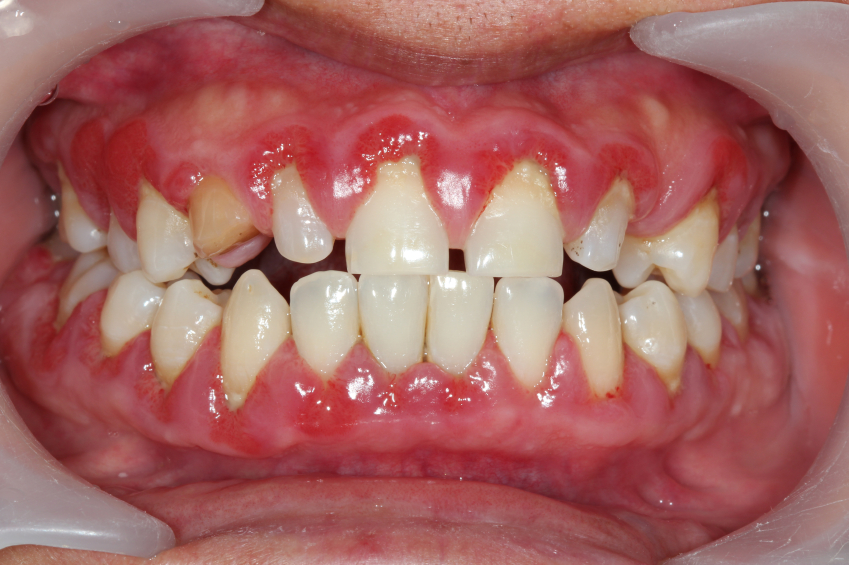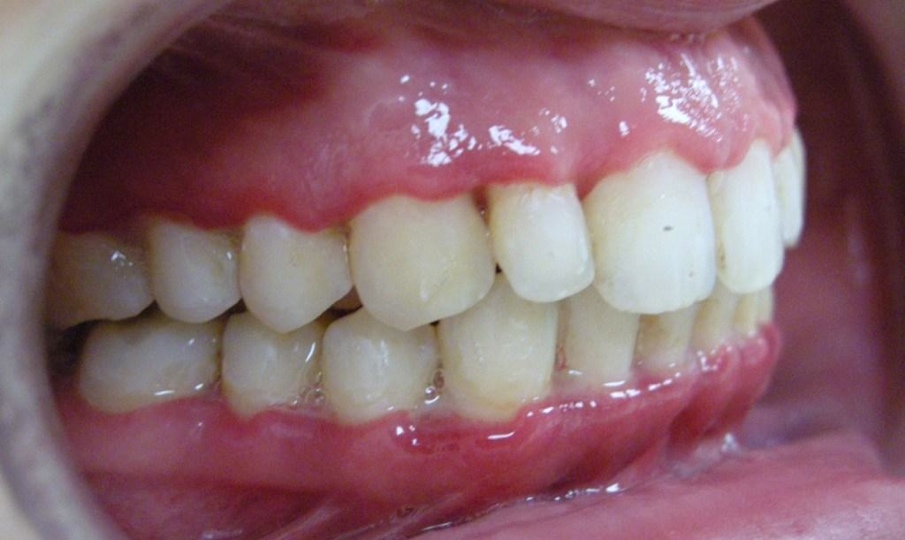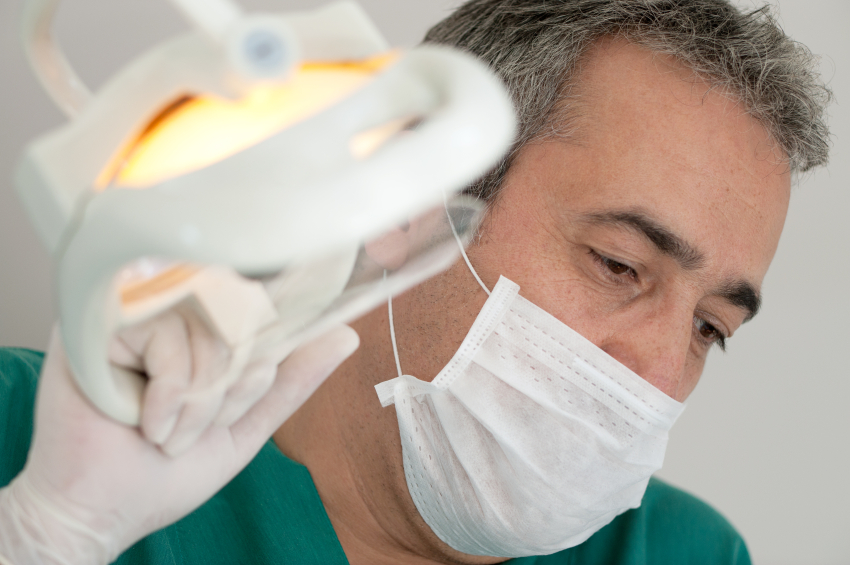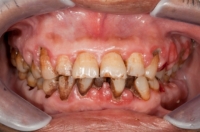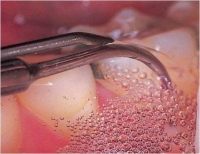The Use Of Antimicrobials course for Dental Practice


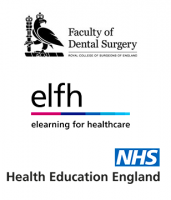
This session discusses the role of antibiotics in the management of periodontal diseases.
Learning Objectives
By the end of this session you will be able to:
- Explain the rationale for using antimicrobial agents in the treatment of periodontal diseases
- List the different delivery systems
- Discuss how studies are conducted and their strengths and weaknesses
- Assess new literature and information and use it to make informed treatment decisions regarding the use of antimicrobial agents
In 1999, the International Workshop for a Classification of Periodontal Diseases and Conditions was held and a new classification was agreed upon
Before commencing this session you should have knowledge of:
- The classification of periodontal diseases
- The pathogenesis of periodontitis
- Non-surgical periodontal treatment
Andrew works in Specialist practice taking referrals in Periodontology from practices all over the North West. He is also a clinical tutor at Liverpool Dental School, and has an interest in Dental Law and Ethics.
He has recently taken up a role at Dental Protection working as an Associate Dento-Legal Adviser.

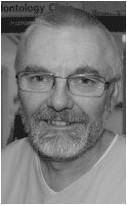
Gareth is a Professor and Honorary Consultant in Restorative Dentistry and a Specialist in Periodontology. He has over 20 years experience of teaching Periodontology to postgraduates at both the Eastman in London and since 2005 at the School of Clinical Dentistry, University of Sheffield.
Gareth is on the Specialty Advisory Committee for Restorative Dentistry and has contributed to the development of the GDC curricular in the Specialties of Endodontics, Periodontics and Prosthodontics.
Gareth has a national and International reputation, having been President (2008-2009) of the British Society of Periodontology (BSP) and is the current representative for the BSP on the European Federation of Periodontology.
At both the Eastman and Sheffield he has been responsible for developing the Periodontology programme from a 1 year masters programme to a 3 year programme, matching the GDC curriculum.
His previous experiences has allowed him to introduce novel and innovative aspects into the new programme developed for Sheffield.
Gareth has published extensively in the periodontal literature and aims to stimulate his students to undertake quality research. He is passionate about Periodontology and the important role it plays in all aspects of dentistry. His aim is to provide quality treatment for patients, motivate students and promote and advance the discipline of Periodontology. It is his vision to encourage students to be the leaders in Periodontology for the future.
- Medical and Pharmacology | Human diseases and medi...
- Posted By eIntegrity Healthcare e-Learning
- Posted Date: 2024-11-06
- Location:Online
- This session will describe rheumatoid arthritis (RA), systemic lupus erythaematosus (SLE) and Sjögren’s syndrome. It will also identify the medications used for each condition and consider the impact of each condition on dental care.
- Medical and Pharmacology | Human diseases and medi...
- Posted By eIntegrity Healthcare e-Learning
- Posted Date: 2024-11-06
- Location:Online
- This session provides an overview of some of the clinically important respiratory challenges you may come across as a dental practitioner.
- Medical and Pharmacology | Human diseases and medi...
- Posted By eIntegrity Healthcare e-Learning
- Posted Date: 2024-11-06
- Location:Online
- This session describes the signs and symptoms that may manifest in patients diagnosed with common renal problems and the relevance of common renal disorders to the delivery of dental care.
- Medical and Pharmacology | Human diseases and medi...
- Posted By eIntegrity Healthcare e-Learning
- Posted Date: 2024-11-06
- Location:Online
- This session will look at the relevance of common neurological disorders to the delivery of dental care by the dental practitioner.
- Medical and Pharmacology | Human diseases and medi...
- Posted By eIntegrity Healthcare e-Learning
- Posted Date: 2024-11-06
- Location:Online
- This session will look at the signs and symptoms of neurological disorders and how the dental practitioner may recognise them.

